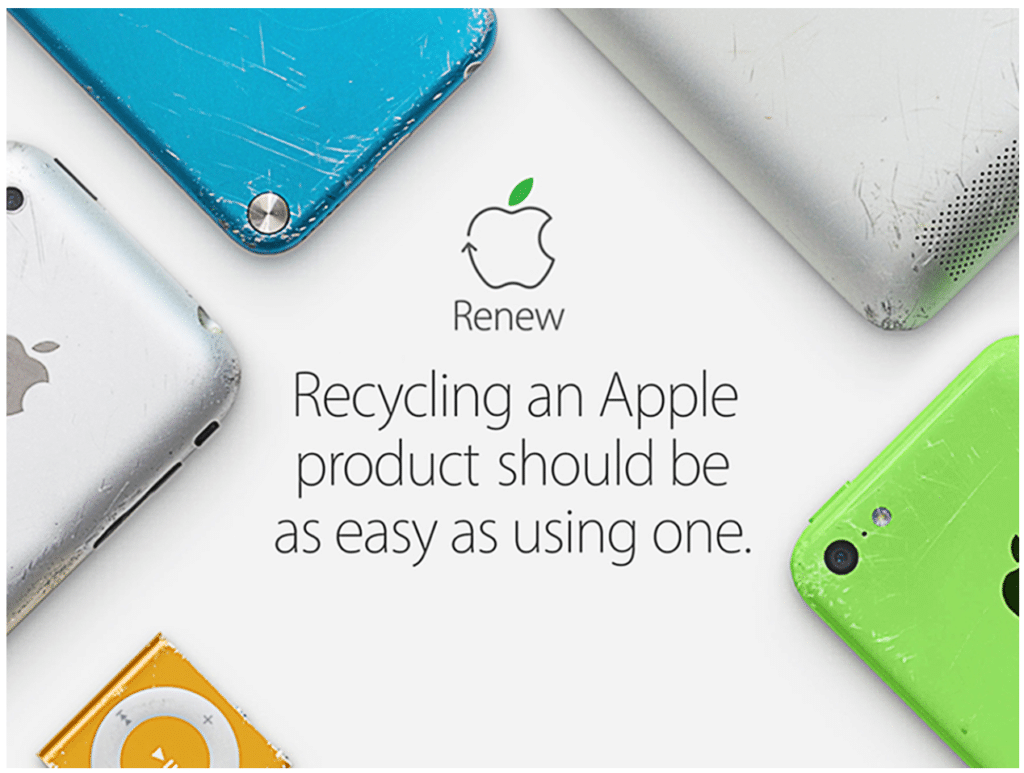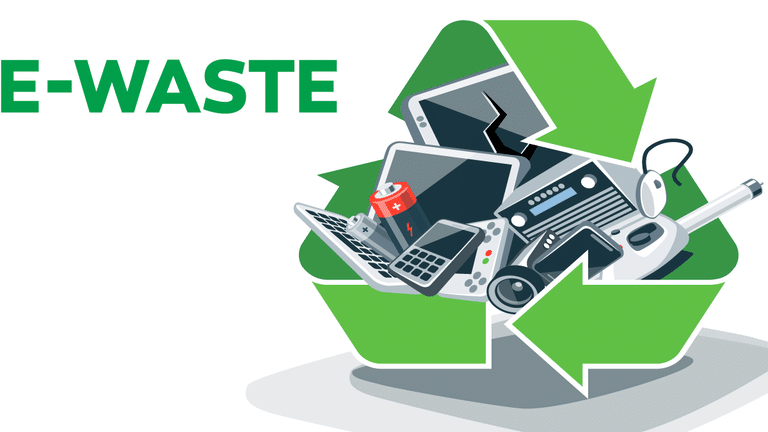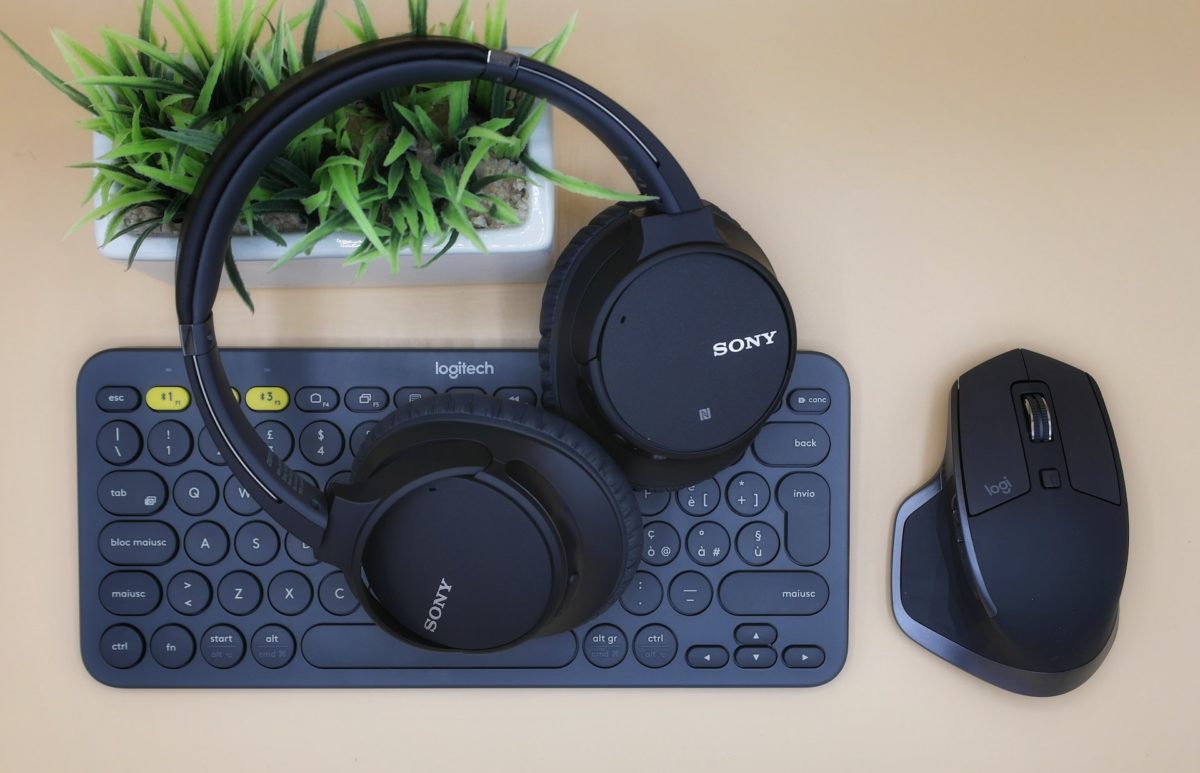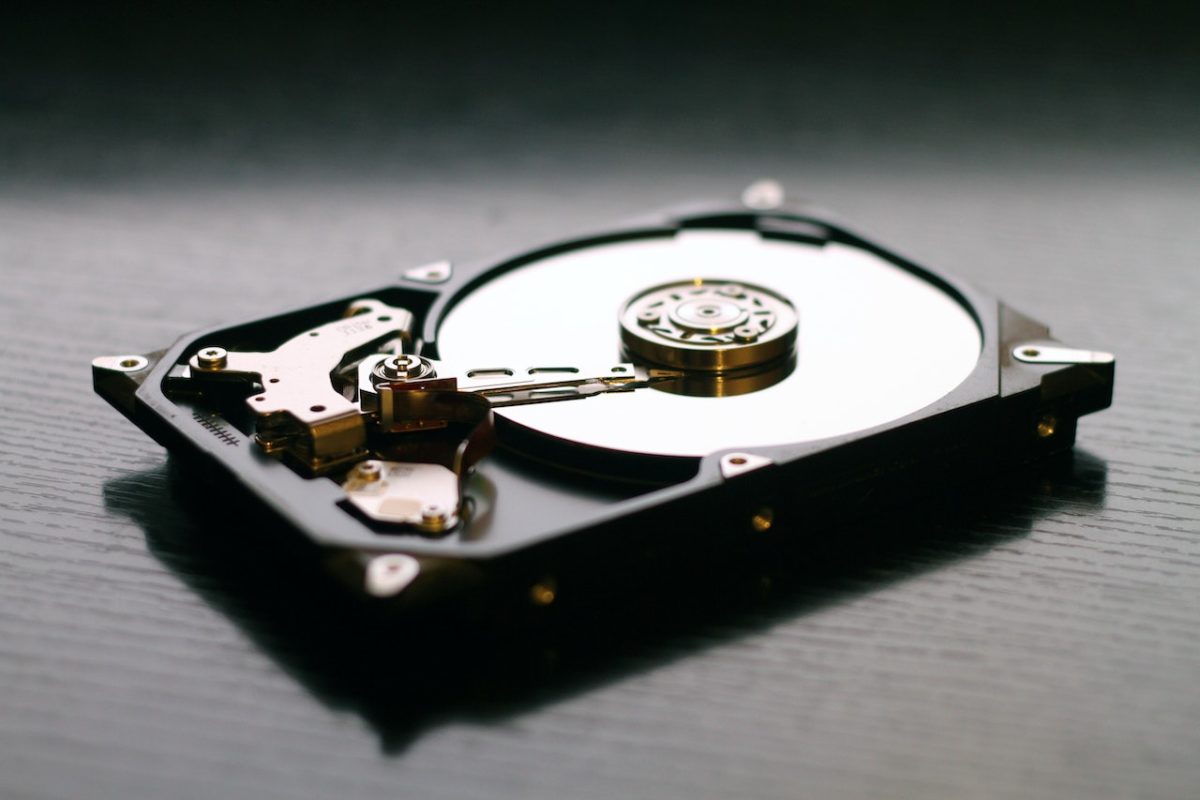Why Does Apple Recycle Phones and How Do They Do It?
Why Does Apple Recycle Phones and How Do They Do It? As you might know, Apple’s Trade-In program enables people to exchange their old phones for a reduced price on a new device. When devices don’t meet the criteria for the trade-in program, Apple will recycle them for free. This means that the devices are disposed of in a way that they can be used as a resource for people or the environment.
That being said, people give their old phones to Apple for recycling, either to get a new phone at a better price or to help the environment. However, many people have been wondering what happens to recycled phones after they have been given to Apple and why. Let’s find out!

Why Does Apple Recycle Phones?
The main reason Apple recycles phones is to keep them out of landfills. Electronic waste is a major environmental problem, and Apple wants to do its part to reduce it. By recycling iPhones and other devices, Apple can make sure that they don’t end up in a landfill and that they are reused or recycled instead. This helps to reduce the amount of waste that has to be disposed of, and it also helps to reduce the amount of energy and resources that would be used to make new phones.
Apple also recycles phones to give customers a chance to get some money for their old devices. Apple will often offer trade-in programs that allow customers to turn in their old iPhone for a discount on a new one. This is a great way for customers to upgrade their phones without having to pay full price for a new one. It’s also a great way for Apple to reduce the amount of e-waste that has to be disposed of.
Finally, Apple recycles phones to make sure that they are refurbished and reused instead of being thrown away. Apple’s recycling program ensures that old iPhones are refurbished and reused instead of being thrown away. This helps to reduce the amount of electronic waste that is created, and it also helps to ensure that old phones are given a second life instead of being thrown away.
What Exactly Happens When Apple Recycles a Phone?
Apple phones that are returned for recycling undergo an initial inspection. Depending on the results, they are either refurbished or sent to the company’s automated disassembly machine for dismantling. After being taken apart by a robot, the various components of a phone can be utilized in the production of new items. For example, cobalt metal recovered from the disassembly can be employed to construct new batteries, while aluminum parts can be recycled and used to form the body shell of a new device.
Not too long ago, Apple established a recycling laboratory where the focus was on creating new technologies for robots and disassembling tools. Daisy, the robot, is the main operator of the recycling lab. In comparison to other phones, iPhones are especially intricate due to their design, which makes disassembling a difficult task. However, Daisy simplifies the process by being able to break down around 200 iPhones in an hour. Daisy also has the ability to cool down the adhesive on the phone battery, making it safer for a human to handle.
Conclusion
While the process of recycling an Apple iPhone is a complicated one, it is something you don’t have to deal with yourself. Simply by going to Apple, you can get your iPhone recycled or even trade it in to help with the purchase of a new one.
Having said that, as with recycling any electronic devices, it is vital that you pay heed to proper recycling procedures. These devices contain precious metals, not to mention harmful substances, that need to be properly handled. There are many professional recycling companies out there, and should you need to recycle any device, you can also reach out to them to ensure your products get recycled appropriately.
Atlanta Green Recycling offers sustainable and cost-effective recycling and disposable solutions to meet both commercial and residential needs. If you are looking for an Apple recycling program, contact us today!











